Premium Only Content
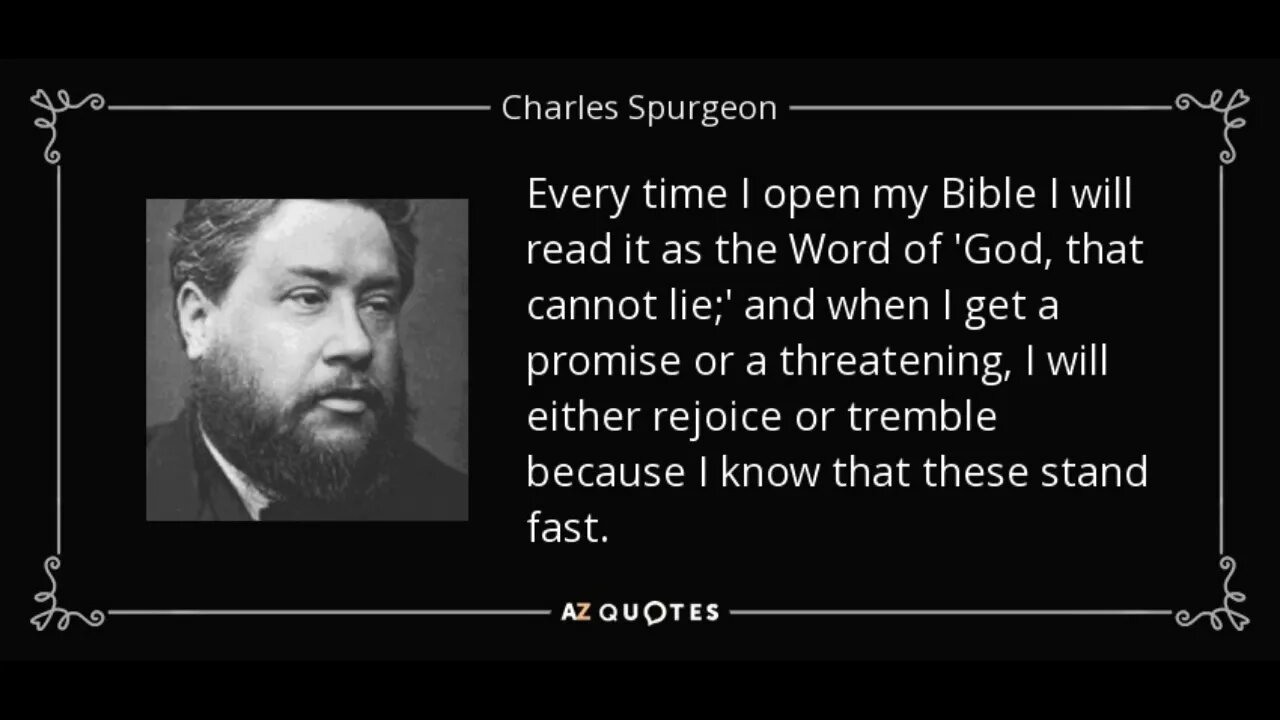
Charles H Spurgeon's Morning and Evening December 11th PM; Colossians 3:24; C H Spurgeon Devotional
Help Support "Clark Clips the Truth" Ministry: https://www.patreon.com/clarkclips
Charles H Spurgeon's Morning and Evening December 11th PM; Colossians 3:24; C H Spurgeon Devotional
Source:
Prince of Preachers
Phone: (864) 404-1542
Koelsch Broadcasting Productions
5 Scottswood Rd.
Greenville, SC 29615
https://www.sermonaudio.com/solo/pop/sermons/popme1211E/
CONTACT: https://www.sermonaudio.com/solo/pop/contact/
ABOUT:
We are a radio broadcast located in Koelsch Broadcasting Productions.
Charles Haddon Spurgeon (1834-92) was England's best-known preacher for most of the second half of the nineteenth century. In 1854, just four years after his conversion, Spurgeon, then only 20, became pastor of London's famed New Park Street Church (formerly pastored by the famous Baptist theologian John Gill). The congregation quickly outgrew their building, moved to Exeter Hall, then to Surrey Music Hall. In these venues Spurgeon frequently preached to audiences numbering more than 10,000—all in the days before electronic amplification. In 1861 the congregation moved permanently to the new Metropolitan Tabernacle.
'Ye serve the Lord Christ.'
Colossians 3:24
To what choice order of officials was this word spoken? To kings who proudly boast a right divine? Ah, no! too often do they serve themselves or Satan, and forget the God whose sufferance permits them to wear their mimic majesty for their little hour. Speaks then the apostle to those so-called 'right reverend fathers in God,' the bishops, or 'the venerable the archdeacons'? No, indeed, Paul knew nothing of these mere inventions of man. Not even to pastors and teachers, or to the wealthy and esteemed among believers, was this word spoken, but to servants, ay, and to slaves. Among the toiling multitudes, the journeymen, the day labourers, the domestic servants, the drudges of the kitchen, the apostle found, as we find still, some of the Lord's chosen, and to them he says, 'Whatsoever ye do, do it heartily, as to the Lord, and not unto men; knowing that of the Lord ye shall receive the reward of the inheritance: for ye serve the Lord Christ.' This saying ennobles the weary routine of earthly employments, and sheds a halo around the most humble occupations. To wash feet may be servile, but to wash His feet is royal work. To unloose the shoe-latchet is poor employ, but to unloose the great Master's shoe is a princely privilege. The shop, the barn, the scullery, and the smithy become temples when men and women do all to the glory of God! Then 'divine service' is not a thing of a few hours and a few places, but all life becomes holiness unto the Lord, and every place and thing, as consecrated as the tabernacle and its golden candlestick.
'Teach me, my God and King, in all things Thee to see; And what I do in anything to do it as to Thee. All may of Thee partake, nothing can be so mean, Which with this tincture, for Thy sake, will not grow bright and clean.
A servant with this clause makes drudgery divine; Who sweeps a room, as for Thy laws, makes that and the action fine.
-
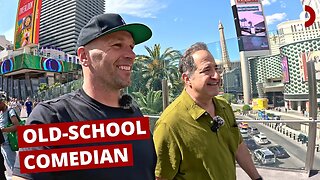 31:39
31:39
Peter Santenello
1 year agoStories From Vegas' Golden Era 🇺🇸
70K25 -
 LIVE
LIVE
The Why Files
12 hours agoLIVE: The Why Files 24/7 Stream n' Chat
1,391 watching -
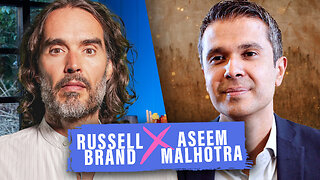 55:15
55:15
Russell Brand
1 day agoThe Truth About Big Pharma & COVID with Dr. Aseem Malhotra
180K11 -
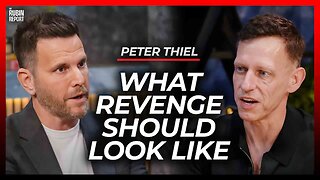 1:19:48
1:19:48
The Rubin Report
12 hours agoWhat the Trump Administration Must Do Instead of Revenge | Peter Thiel
135K170 -
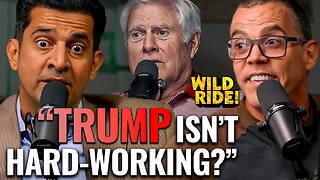 1:59:00
1:59:00
Steve-O's Wild Ride! Podcast
3 days ago $37.14 earnedPatrick Bet-David DESTROYS Steve-O's Dad - Wild Ride #252
153K52 -
![[XboxONE] GRINDING 1000g FC24](https://1a-1791.com/video/fwe1/01/s8/1/y/k/I/o/ykIoy.0kob-small-XboxONE-GRINDING-1000g-FC24.jpg) 3:29:15
3:29:15
deathbee
16 hours ago[XboxONE] GRINDING 1000g FC24
103K10 -
 1:08:32
1:08:32
Winston Marshall
1 day agoThe HIDDEN Agenda: Congresswoman Hageman UNCOVERS USAID Fraud, Censorship and Human Trafficking
129K147 -
 8:16
8:16
CarlCrusher
1 day agoThe True Story of Stranger Things and the Montauk Project Origins
79.1K26 -
 10:05
10:05
ariellescarcella
1 day agoNo, You're Not Having A 'Gender Crisis' You're Just Bored
80.4K62 -
 41:08
41:08
The Finance Hub
1 day ago $20.09 earnedBREAKING: DONALD TRUMP JR. SHOCKS THE WORLD!
70.9K120